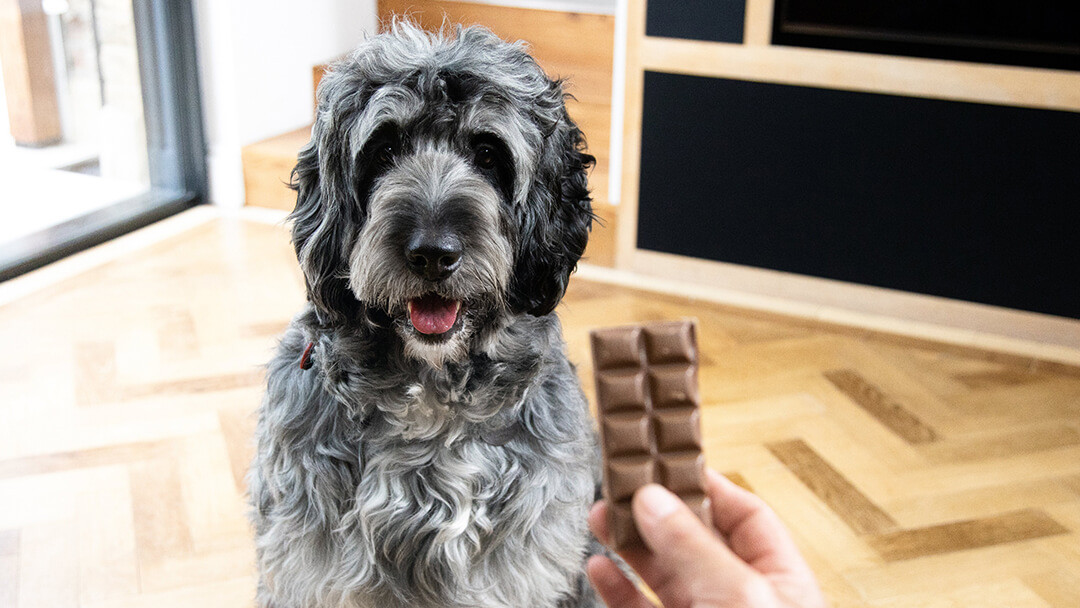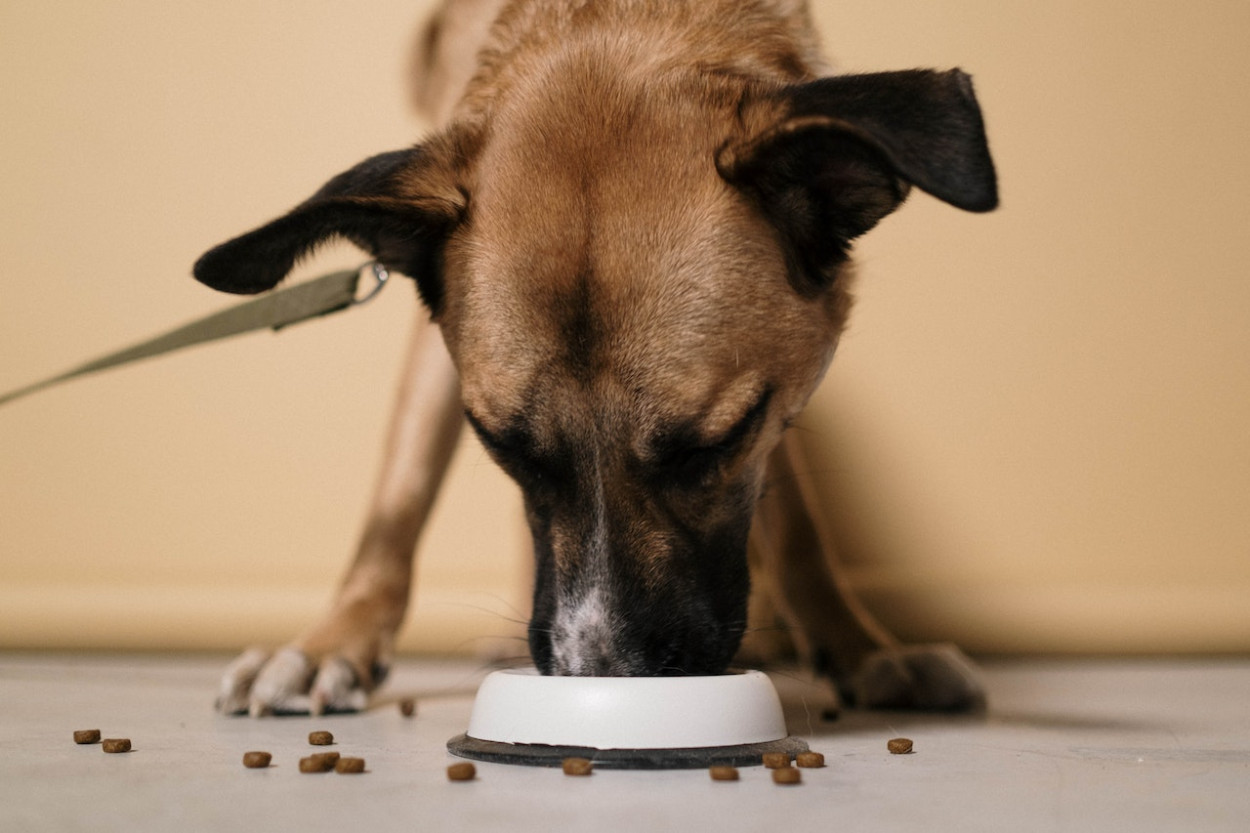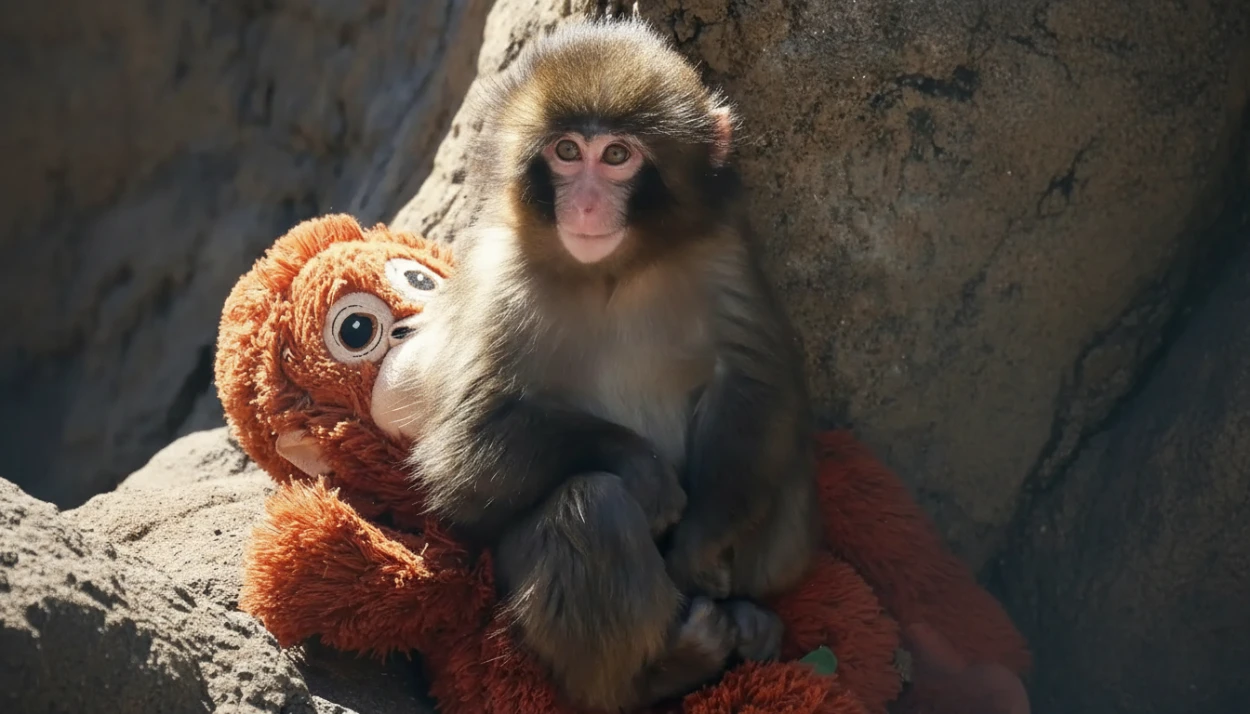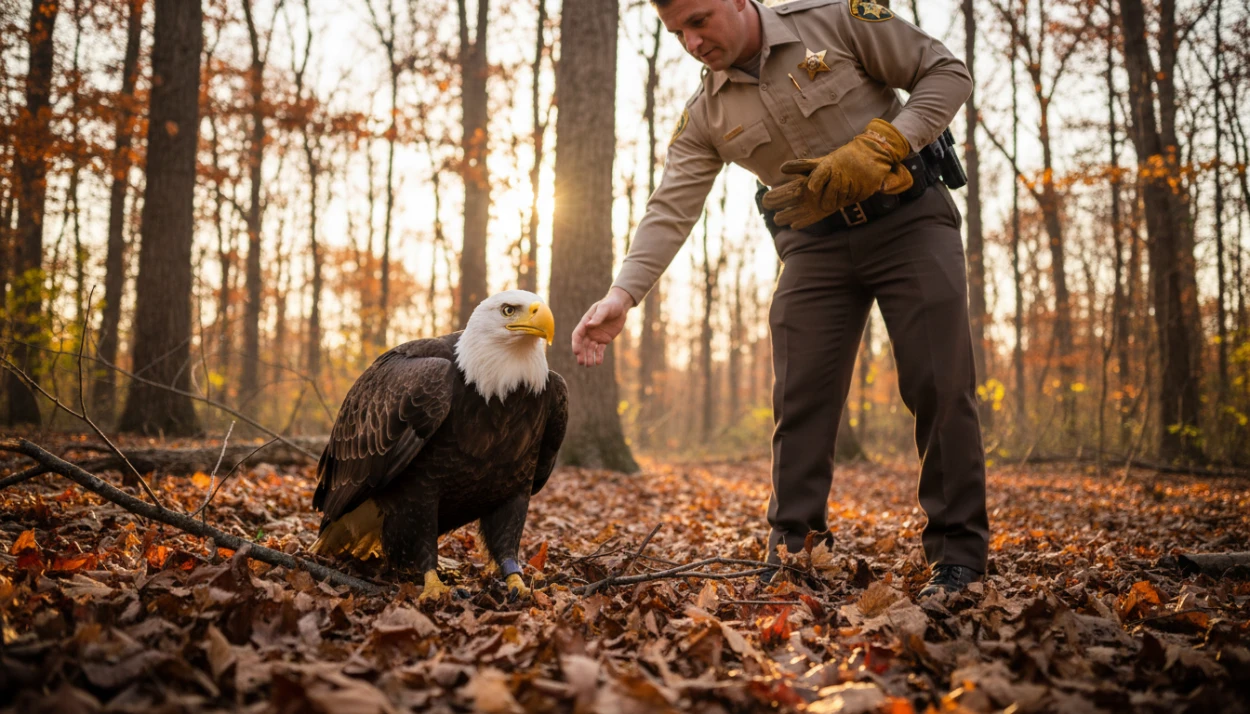Dogs are known for their curious nature and tendency to explore their surroundings, often using their mouths as a means of investigation. While this can be endearing and entertaining, it can also lead to potential dangers, especially when it comes to certain human foods. One such food that poses a significant risk to dogs is chocolate.

In this article, we will delve into the reasons why chocolate is harmful to dogs, the symptoms of chocolate poisoning, the severity of the condition, and the steps to take if your beloved canine companion consumes chocolate. We will also explore treatment options and discuss ways to prevent chocolate poisoning in dogs. So, let's get started and ensure the well-being of our furry friends.
Introduction
Chocolate, a widely enjoyed treat among humans, contains substances that can be toxic to dogs. Theobromine and caffeine, both found naturally in cocoa beans, are the primary culprits behind chocolate's potential harm to our canine companions. While these substances have little effect on humans, dogs are unable to metabolize them efficiently, leading to various symptoms of chocolate poisoning.
Why is chocolate harmful to dogs?
- Theobromine and caffeine content
Chocolate contains theobromine and caffeine, which belong to a class of compounds known as Methylxanthines. These compounds stimulate the central nervous system and affect the cardiovascular system, leading to adverse effects in dogs.
- Dogs' inability to metabolize theobromine
Unlike humans, dogs have a limited ability to metabolize theobromine and caffeine. The enzymes responsible for breaking down these substances are present in lower concentrations in dogs, making them more susceptible to their toxic effects.
Symptoms of chocolate poisoning in Dogs
When a dog consumes chocolate, theobromine, and caffeine can quickly enter their bloodstream and cause various symptoms of poisoning. It's important for dog owners to be vigilant and recognize these signs promptly.
- Hyperactivity and restlessness
One of the initial signs of chocolate poisoning in dogs is increased activity levels and restlessness. Dogs may appear more excitable than usual, unable to settle down.
- Increased heart rate and blood pressure
Theobromine and caffeine can cause a rapid increase in heart rate and blood pressure in dogs. This can lead to palpitations, abnormal heart rhythms, and even cardiac arrest in severe cases.
- Vomiting and diarrhea
Chocolate ingestion often leads to gastrointestinal distress in dogs. Vomiting and diarrhea are common symptoms, resulting from the dog's body's attempt to expel the toxic substances. The dog's stomach may also become upset, causing discomfort and frequent trips outdoors.
The severity of chocolate poisoning
The severity of chocolate poisoning in dogs can vary depending on several factors. It's essential to understand these factors to gauge the potential harm caused by chocolate ingestion.
- Factors affecting toxicity levels
The toxicity level of chocolate depends on factors such as the type of chocolate, the amount consumed, and the dog's size and weight. Generally, the darker and more concentrated the chocolate, the higher the theobromine content, and the greater the potential for toxicity.
- Small dogs vs. large dogs
Small dogs are at a higher risk of experiencing severe symptoms of chocolate poisoning compared to larger dogs. The same amount of chocolate that might cause mild symptoms in a large breed dog can be extremely dangerous for a small breed dog.
- Types of chocolate
Different types of chocolate contain varying amounts of theobromine. Dark chocolate, baking chocolate, and cocoa powder have higher levels of theobromine compared to milk chocolate. Therefore, ingestion of even small quantities of these chocolates can be more harmful to dogs.
Steps to take if your dog consumes chocolate
If you suspect or know that your dog has consumed chocolate, it's crucial to take immediate action to minimize the potential harm.
- Call the veterinarian immediately
Contact your veterinarian as soon as possible to seek professional advice. They will guide you based on the type and amount of chocolate ingested, as well as your dog's size, breed, and overall health.
- Provide necessary information
Be prepared to provide your veterinarian with details about the type of chocolate, the amount consumed, and the time of ingestion. This information will help them assess the potential toxicity and determine the appropriate course of action.
- Follow the veterinarian's advice
Listen carefully to your veterinarian's instructions. They may ask you to monitor your dog for symptoms, induce vomiting, or bring your dog to the clinic for further examination and treatment.

Treatment for chocolate poisoning
If your dog has ingested a toxic amount of chocolate, the veterinarian may recommend specific treatments to mitigate the effects of poisoning.
- Inducing vomiting
In some cases, the veterinarian may induce vomiting to remove the chocolate from your dog's system. This procedure should only be done under professional guidance.
- Activated charcoal administration
Activated charcoal may be administered to absorb any remaining theobromine in your dog's digestive system, preventing further absorption into the bloodstream.
- Intravenous fluids and supportive care
For more severe cases of chocolate poisoning, dogs may require intravenous fluids to maintain hydration and receive supportive care. The veterinarian will closely monitor their vital signs and provide treatment accordingly.
Preventing chocolate poisoning in Dogs
Prevention is always better than cure when it comes to chocolate poisoning in dogs. By taking proactive measures, you can minimize the risk and keep your furry friend safe.
- Keep chocolate out of reach
Ensure that all chocolate products are stored securely in cabinets or areas inaccessible to your dog. Remember that dogs are skilled at finding hidden treats, so be cautious about where you store chocolate.
- Educate family and friends
Inform your family members, especially children, and visitors about the dangers of feeding chocolate to dogs. Remind them not to offer any chocolate treats to your dog, no matter how much they beg or appear to enjoy it.
- Offer dog-friendly alternatives
There are plenty of safe and dog-friendly treats available in the market. Consider offering your dog alternatives like carob treats, homemade dog treats, or specially formulated dog-friendly chocolates. These options provide a satisfying taste without the harmful effects of chocolate.

Alternative treats for dogs
While chocolate should be avoided, there are alternative treats that dogs can enjoy without any risks of chocolate poisoning:
- Carob treats
Carob is a safe and dog-friendly alternative to chocolate. It has a similar taste and texture but lacks theobromine, making it a suitable substitute. You can find carob treats specifically made for dogs at pet stores or even make your own at home.
- Homemade dog treats
Making homemade dog treats allows you to have full control over the ingredients and ensure they are safe for your furry friend. There are numerous recipes available online that use dog-friendly ingredients like peanut butter, pumpkin, or sweet potatoes.
- Special dog-friendly chocolate
Some companies produce chocolate-like treats specifically formulated for dogs. These treats are made with ingredients that are safe for canine consumption, providing a similar indulgence without the risks.
Common Misconceptions about Dogs and Chocolate
There are several misconceptions surrounding dogs and chocolate that need clarification to ensure accurate understanding.
- Chocolate allergy vs. chocolate toxicity
It's important to differentiate between a chocolate allergy and chocolate toxicity. A chocolate allergy involves an allergic reaction to certain components of chocolate, white chocolate toxicity is the result of theobromine and caffeine ingestion. The two conditions have distinct symptoms and treatment approaches.
- Differences between dog breeds
While all dogs should avoid chocolate, certain dog breeds may be more susceptible to the toxic effects due to their size, metabolism, or other factors. It's crucial to be mindful of your dog's breed-specific considerations when it comes to chocolate consumption.

Conclusion
Chocolate can be highly toxic to dogs due to its theobromine and caffeine content. It's essential for dog owners to be aware of the risks associated with chocolate ingestion and take preventive measures to protect their beloved pets. If your dog consumes chocolate, prompt action is crucial. Contact your veterinarian immediately, provide them with necessary information, and follow their guidance. Remember, prevention is key. Keep chocolate out of reach, educate others about the dangers, and opt for safe and dog-friendly treats instead. By doing so, you can ensure the well-being and safety of your canine companion.
FAQs
1. Can a small amount of chocolate harm my dog?
Even small amounts of chocolate can be harmful to dogs, depending on their size and the type of chocolate consumed. It's best to avoid chocolate altogether to prevent any risks.
2. What should I do if my dog accidentally eats chocolate?
If your dog consumes chocolate, contact your veterinarian immediately and follow their instructions. Do not induce vomiting without professional guidance.
3. Are some dog breeds more sensitive to chocolate toxicity than others?
Yes, certain dog breeds may be more susceptible to the toxic effects of chocolate due to their size, metabolism, or genetic factors. It's important to be aware of your dog's specific needs and vulnerabilities.
4. Can I give my dog white chocolate?
While white chocolate contains lower levels of theobromine compared to dark chocolate, it is still not recommended for dogs. It's best to avoid giving any type of chocolate to your canine companion.
5. Is carob a safe alternative to chocolate for dogs?
Yes, carob is a safe and dog-friendly alternative to chocolate. It provides a similar taste and texture without the harmful effects of theobromine. However, moderation is key, as excessive consumption can still cause digestive issues.








